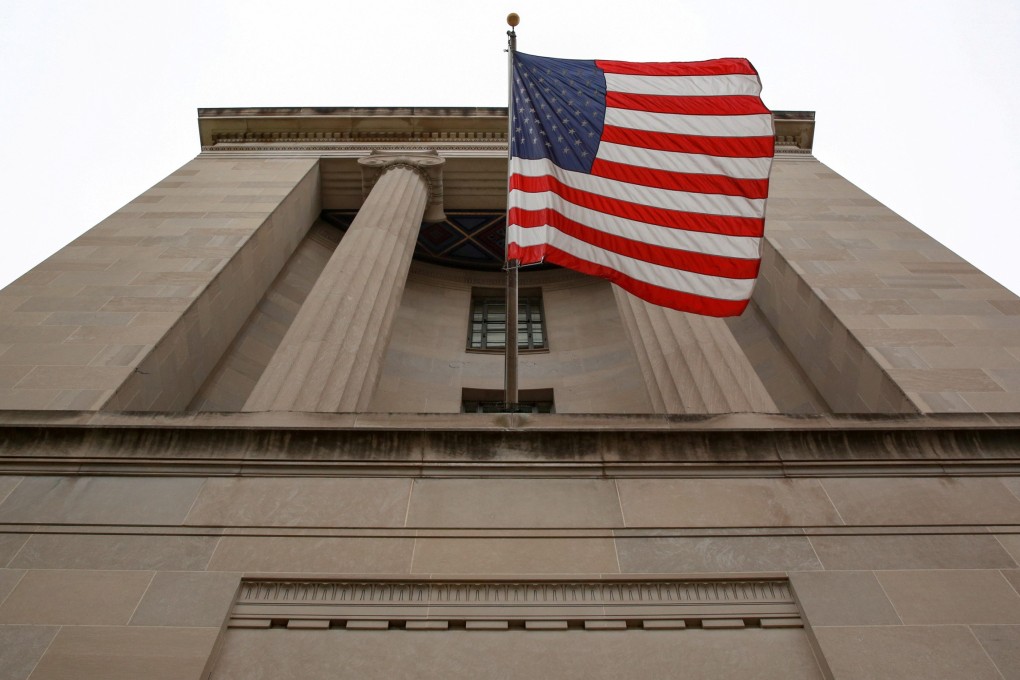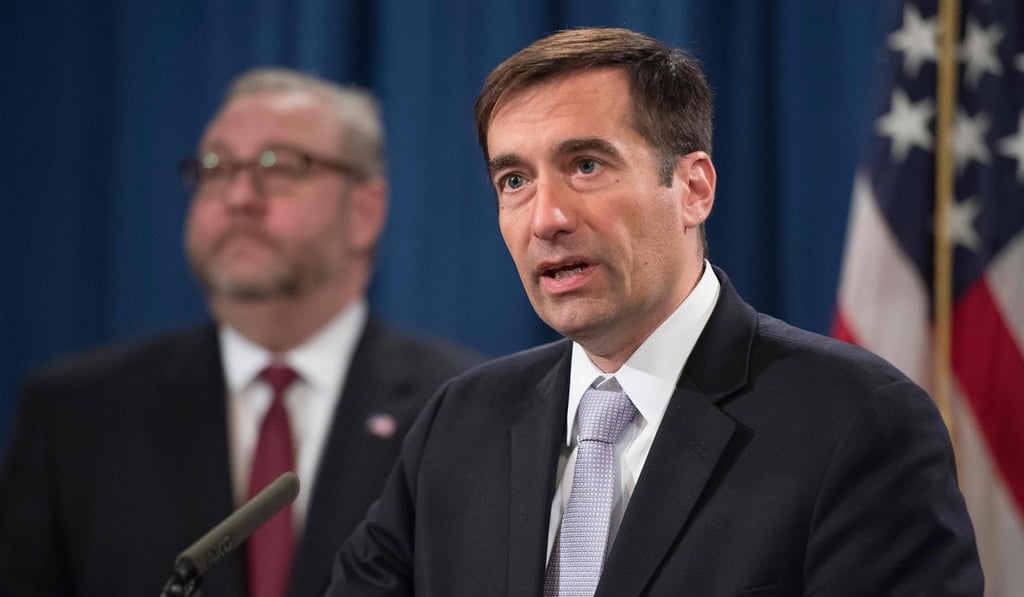US arrests Chinese government employee for alleged fraudulent visa “conspiracy”
- Chinese government employee arrested in US on suspicion of arranging fraudulent visas
- Alleged “conspiracy” brought Chinese to US under false pretenses

A Chinese government employee arrested by US authorities appeared in a New York federal court on charges of conspiring to obtain US visas fraudulently for fellow Chinese officials working to recruit US scientists.
The Justice Department said 57-year-old Zhongsan Liu was part of a conspiracy to bring Chinese government employees into the US under the guise of being research scholars when in fact their main goal was to recruit top US scientists and engineers to “divert” know-how and further Chinese national interests.
The case comes as engineers and scientists of Chinese descent fall under growing suspicion by the Federal Bureau of Investigation and other security agencies for espionage and theft of trade secrets even as Chinese-American groups raise concern over excessive crackdowns based on racial profiling.

“We welcome foreign students and researchers, including from China, but we do not welcome visa fraud – especially on behalf of a government,” John Demers, assistant attorney general of national security, said in a statement. “We will continue to confront Chinese government attempts to subvert American law to advance its own interests in diverting U.S. research and know-how to China.”
The Chinese Embassy in Washington, which is mentioned in the complaint, did not immediately respond to a request for comment.